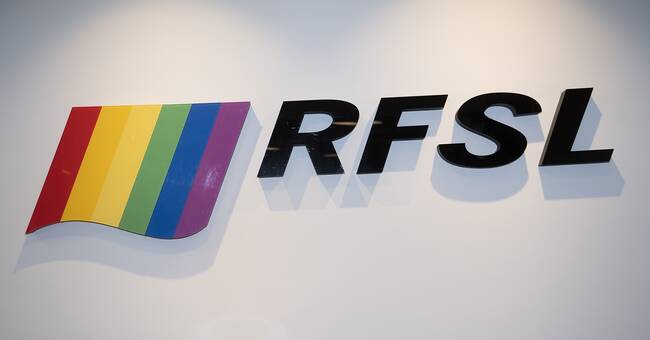For two years, RFSL has collected questionnaire responses from 110 trans people about their experiences in Swedish sports - primarily in children's, youth and grassroots sports.
Based on the answers, it has been concluded that it is problematic that sport casually and unnecessarily divides children into boys 'and girls' groups.
- If you do not know which locker room to enter or in which team to play, you are already excluded there.
You never get to the field or the arena for sports.
The casual gender division is a big problem.
It means that transgender people are excluded from Swedish sports, says Mathilda Piel, expert in LGBTQ and sports issues at RFSL and editor of the report, to DN.
RFSL (National Association for the Rights of Homosexuals, Bisexuals, Transgender, Queer and Intersex Persons) also recommends that children up to the age of 18 who play sports should have the right to participate in activities based on their wishes "regardless of the gender assigned to the child at birth".
This week, the Swedish Sports Confederation (RF) came up with a new guideline that will make it easier for transgender people to take seats on special sports federation boards, and they are looking at how to change their recommendations to include transgender people further.
- A number of works are underway right now and here we also urge associations and unions to ask themselves the questions: Why do we gender today?
Is there a reason or can we think in a new way?
It is very important, says Sofia B Karlsson, expert and education manager in gender equality and inclusion at RF, to DN.

